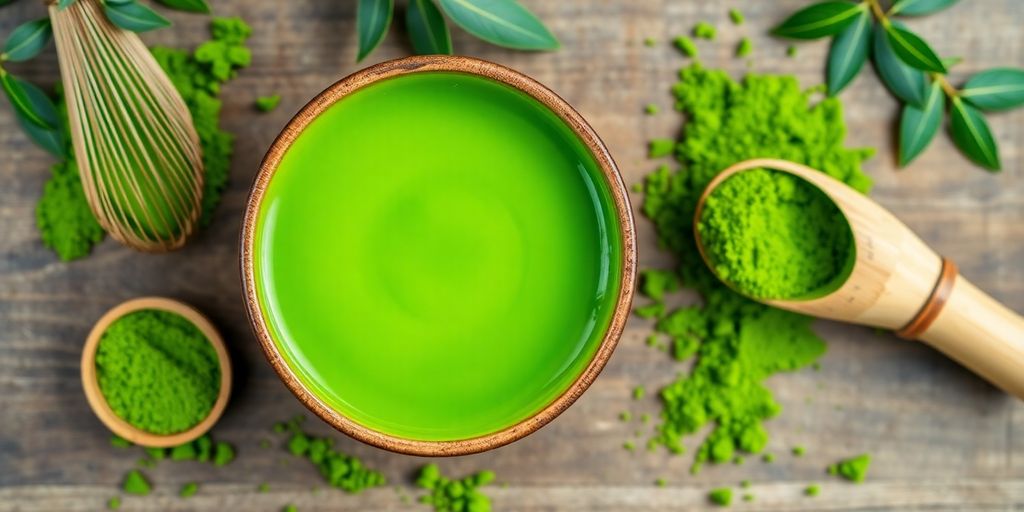The role of motherhood introduces a woman to new responsibilities and experiences, one of which being breastfeeding. This nurturing process is not just critical to the baby’s growth and development, but it also contributes to the bond between the newborn and mother. However, ensuring the right nutrition to support lactation and to meet the health needs of both mother and the baby plays a pivotal role in this phase and demands a deeper understanding of maternal dietary needs.
Essential Maternal Nutrition for Lactation
Breastfeeding mothers often hear the phrase, “you are what you eat”. In their case, it can be more aptly put as, “your baby is what you eat,” putting greater significance on their nutritional intake. A lactating mother’s nutrition directly influences the nourishment the baby receives. Consequently, the bodywork’s overtime to produce nutritious milk that caters to the baby’s needs. A well-balanced diet rich in essential nutrients will not just sustain the mother’s health, but will also ensure that the breast milk is equipped with the vital elements for the baby’s growth and wellbeing.
Key Nutrients for Breastfeeding Mothers
The diet of a breastfeeding mother should prioritize key nutrients like iron, calcium, protein, and folate. These support the mother’s overall health and help in maintaining a steady milk supply to nourish the baby.
Role of Vitamin D and Omega-3 Fatty Acids in Lactation
Vitamin D and Omega-3 fatty acids standout as extra beneficial for lactating moms. Vitamin D aids in regulating calcium levels in the body and it also supports the baby’s bone health. On the other hand, omega-3 fatty acids catalyze brain development, and surprisingly play a part in uplifting the mood of the mother. Indeed, a happy mother means a happy baby.
Hydration and Breastfeeding
A healthy milk supply demands good hydration levels in the mother’s body. Adequate water intake aids in producing what is often referred to as ‘liquid gold’ – the breast milk necessary for the baby’s nourishment. Signs of dehydration like forgetfulness, dry mouth, and dark yellow urine can negatively impact milk production. Therefore, ensuring regular water intake is necessary.
Planning a Balanced Diet
Meal planning goes a long way to ensure a sufficient intake of fruits, vegetables, whole grains, and lean proteins. The idea might seem mundane, but it can be seen as an opportunity to experiment with food choices and ensure all nutritional requirements.
Snacking Smart
Healthy snacks like nuts, yogurt, fruit slices, or veggie sticks can act as fuel and keep the mother energized throughout the day. These easily accessible snacks cut down on preparation time and are perfect for busy nursing moms.
Debunking Diet and Lactation Myths
It’s important to dispel common misconceptions about a lactating mother’s diet. For instance, the belief that consuming cold foods or citrus food items, such as curd or orange, will make the baby fall ill is simply a myth. It is also untrue that mothers must drink milk to produce milk. Although calcium is essential, it is not necessary to consume an exorbitant amount of dairy. A balanced diet suffices for maintaining a healthy lactating process.
Advice for Maintaining a Healthy Diet and Hydration
Staying hydrated and eating well as a new mom can be as challenging as the other responsibilities of this phase. This is why maintaining a routine of consuming easy-to-eat snacks and keeping a water bottle handy during nursing sessions is advisable.
Conclusively, breastfeeding and maternal nutrition go hand in hand and play a significant role in the health of both the mother and the baby. By prioritizing the intake of key nutrients and staying hydrated, mothers can navigate this beautiful journey confidently. Prioritizing personal nutritional needs is not just essential but is a fundamental part of motherhood. Thus, a well-balanced diet and adequate hydration provide a pathway to a healthy and fulfilling breastfeeding experience for both the mother and the baby.




